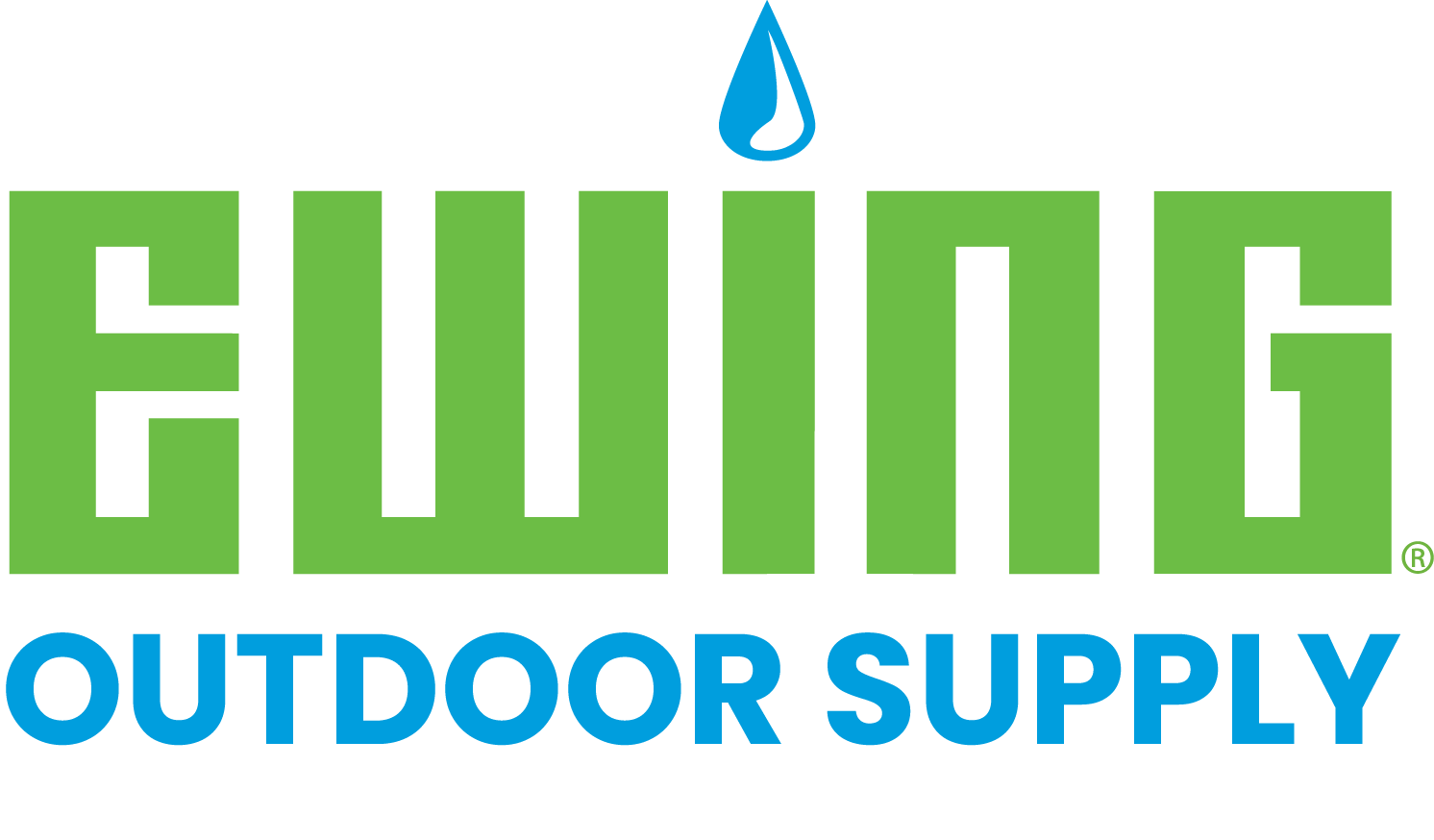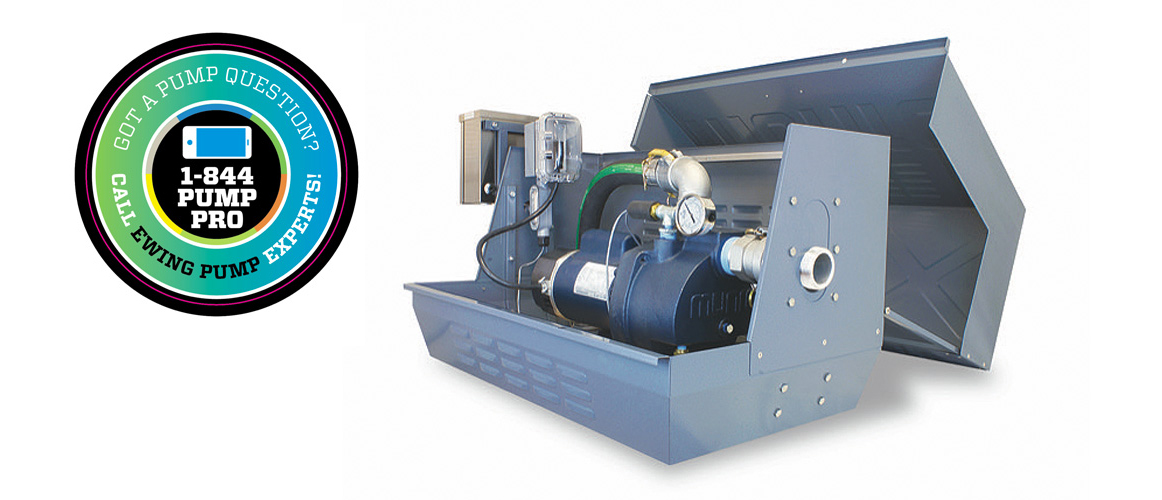Did you know you have access to irrigation pump experts beyond the professionals at Ewing’s Blue Counter? The Ewing Pump Hotline is available from 8 a.m. to 5 p.m. (MST) Monday through Friday for help with your professional pump questions.
Our pump experts provide assistance with pump selection, pump controls, and troubleshooting for the types of projects our customers commonly encounter. Here are three examples with ways to address them.
How can I quickly select a pump control box?
Understanding the system is the first step in selecting the correct control box. Also determine what external device is being used to signal the pump start relay. Pump start relays work with a variety of start/stop signal devices. The type of device and the signal it provides will contribute to which pump control you require.
Keep in mind that pumps are pricey and, if the water quality or conditions are not ideal, they can be damaged. Adding a pump start relay as a protection feature mitigates the potential for pump damage or failure.
What do I need to know about master valves for pump stations?
When a pump station is used to pressurize the water, a master valve can work against the pump station, making it difficult for it to operate properly. The master valve may cause the pump to become over pressurized and shut down to avoid pump damage, so watch for over-pressurization.
Also, use pressure boost applications to create harmony. Properly wiring the master valve to the pump station will enable the pump station to open and close the valve based on signals from the irrigation clock. This will ensure that the valve opens when the pump runs and closes when the pump is not running, avoiding damage to the pump.
What pump size should I select?
First, know your Gallons Per Minute (GPM). GPM can be determined by multiplying the number of sprinkler heads in your largest zone by the sprinkler manufacturer’s specified GPM required for maximum efficiency.
Then consider water quality and accessibility. How far away is the water source? Long pipe runs may require increased performance to compensate for friction losses. If the water is dirty or filled with debris, filtration can help to avoid damage to the pump and may also create additional friction losses.
Finally, determine what power supply you have available so the pump you select can run efficiently off of the power available at the application site without sustaining damage.
When you have a question about any brand of irrigation pump, call or email the Ewing pump experts. It’s that easy! Our pump experts can be reached at
Phone: 1-844-PUMP-PRO
Email: info@ewingpumppro.com




